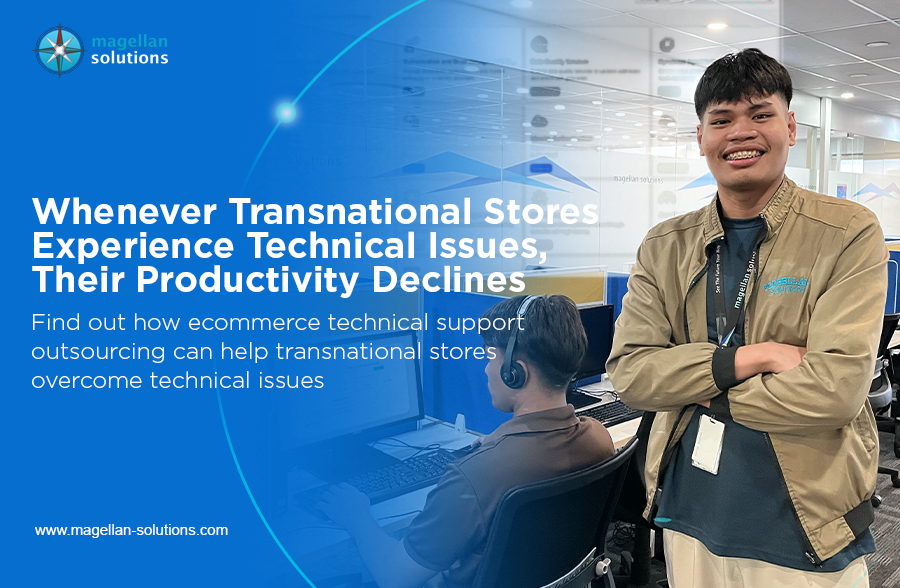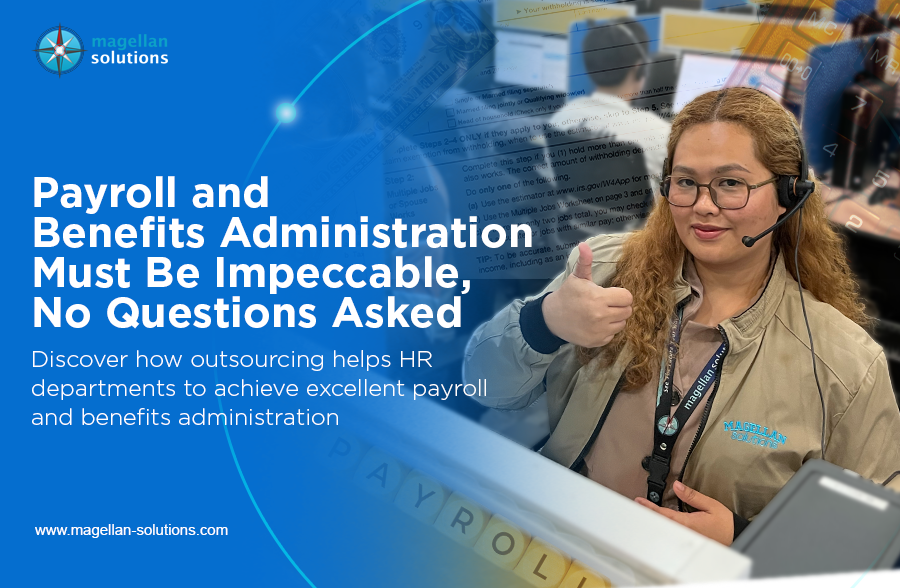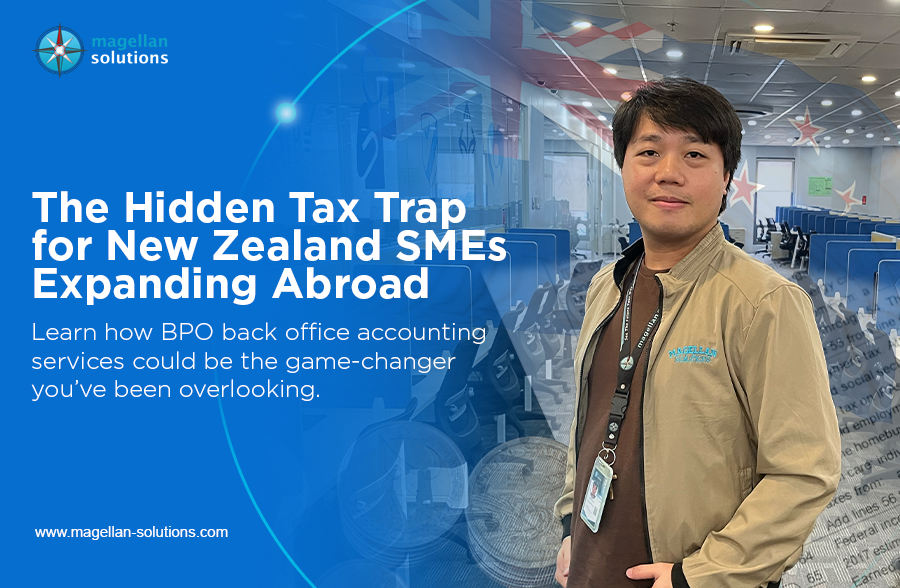Schedule a FREE call with our outsourcing expert now and get a precise quotation that meets your requirements. Don't wait - get started today!
Philippine Laws on Outsourcing – Here’s What You Need To Know
The Philippines is one of the world’s largest and most well-known places where people outsource work. Many businesses all over the world can attest to that. Because of this, the Philippine laws on outsourcing are fundamental.
Thank you for reading this post, don't forget to subscribe!Because of the high demand for Philippine-based outsourcing providers over the years, business process outsourcing (BPOs) has helped increase the country’s income and stabilize the Philippine economy. Due to this, the Philippine government developed initiatives to protect and promote the BPO industry by Philippine law.
As a business owner, you must ensure that everything you do is legal—both your country’s laws and the laws of the country you are sourcing from.
If you are about to outsource to the Philippines, you must know the laws there. To protect both the employees and the BPO companies and the industry.

Philippine Laws for the BPO Sector
Trade and labor laws must be updated to protect the industry and the people working there. This was important for the Philippines because many outsourcing companies were growing there.
The BPO industry did a lot to help the economy of the Philippines. It gave many skilled Filipinos jobs and increased the country’s total income because of these benefits. The BPO laws in the Philippines protect the industry and help it grow.
Republic Act 10844: The Department of Information and Communications Technology Act of 2015
The Department of Information and Communications Technology is a government agency. It oversees and controls the country’s development and use of information and communication technology.
It is in charge of ensuring all businesses in the information and communication field comply with trade and safety laws.
In 2015, the DICT drafted the Republic Act 10844, which grants “universal access to quality, reliable and secure ICT services,” allowing BPOs and outsourcing providers legal and lawful use of local ICT resources in their operations, with the help and support of the agency itself.
This made BPO/outsourcing operations more convenient in the country to grow the industry while helping maintain the quality of its services.
Republic Act of 10173: The Data Privacy Act of 2012
A data breach is a severe issue, especially for outsourcing providers that handle confidential information, especially for healthcare and financial services clients.
One of the reasons why many business owners are still wary about outsourcing is that they can’t afford to risk accidentally leaking information from their clients.
To assure BPO clients (and the BPO companies themselves), the Philippine government created the Data Privacy Act of 2012, which safeguards all data collected and processed by public and private companies, including outsourcing providers. This mandates all businesses to comply with international standards in data security.
Due to the global nature of outsourcing, the Data Privacy Act ensures that data privacy laws follow local data security laws in the countries they service. This assures clients that all their data is secure and will never be compromised, or else companies risk legal action.
Republic Act No. 7916: Special Economic Zone Act
The call center boom in the Philippines has significantly helped stabilize the Philippine economy. Apart from the revenue generated from outsourcing, many businesses supporting the outsourcing industry also enjoyed growth.
Many BPO company sites were developed into recreational districts, with restaurants, cafes, stores, and nightlife that cater to BPO employees. This, in turn, created more opportunities for the hospitality industry.
Due to the high revenue, the Philippine Economic and Zoning Authority (PEZA) recognizes the contributions of the BPO industry to the economy. This is to promote and support the BPO industry and other companies and industries that thrive because of them.
The Special Economic Zone Act promotes businesses that raise the real estate quality of their location. Since BPO companies encourage the development of areas around their sites, they are included in this privilege as other companies do.
Labor Laws for BPO Employees
People who work for BPOs are known to have different schedules. It all depends on the culture and time zones of the countries they serve.
For safety and legal reasons, the Department of Labor and Employment added some rules to help protect their right to fair work practices.
Republic Act No. 11165: Telecommuting Act
The Telecommuting Act is explicitly created to support and protect BPO employees. This republic act grants them the right to a fair, reasonable pay rate, considering the nature of their working schedule.
This includes adjustments and incentives such as night differentials and overtime pay. Aside from this, the provision also guarantees that they receive the right to paid leaves and the option to either work or take a leave on public holidays.
This also covers employees that work offsite; BPO employees who work remotely must comply with the same performance standards as those who work onsite.
Department Circular No. 1, Series of 2008: Policy and Guidelines Governing the Safety and Health of Workers in the Call Center Industry
Due to the increasing number of BPO employees in the local labor sector, the Department of Labor and Employment (DOLE) amended the labor code to cover the rights and benefits of BPO workers specific to their working conditions.
This clarifies the responsibilities of the employers in maintaining the health and safety of the employees and their working environment and requires employees to comply with the Occupational Safety and Health Standards mandated by DOLE.
Department Advisory No. 4, Series of 2010: Guidelines on the Implementation of Flexible Work Arrangements and the Exemption from the Nightwork Prohibition for Women Employees in the Business Process Outsourcing Industry
As an equal opportunity industry, several BPO employees are women. But for safety reasons, the Philippine Labor Code initially prohibited women from working the graveyard shift.
Due to their shifting schedules, DOLE amended the labor code. This allows female BPO employees to work late hours to deliver to their assigned programs.
Furthermore, the amendment was also careful to consider pregnant and nursing women. We only allow them to work once they submit a medical clearance from a trusted physician.
On the other hand, employers are required to provide female employees (and employees, as a whole) with safe and clean facilities like sleeping quarters and rest areas to encourage better health and safety. Violation of these provisions can be grounds for revocation of this exemption.
Safe, Legal Outsourcing in the Philippines
The Philippines is a big player in outsourcing, and for a good reason. The country goes above and beyond to promote and protect the industry. They do this by making changes to all of these Philippine laws and supporting them.
Outsourcing to the Philippines is your best bet if you want safe, high-quality work that can grow with your business.
Magellan Solutions Provides Stellar Outsourcing Services For SMEs
Now that you know these Philippine laws, it’s time to reach out to a reliable partner!
Magellan Solutions provides top-level outsourcing that is proudly Filipino. One of the first in the country to cater to small and medium-sized enterprises (SMEs), we continue to grow and globalize, expanding to businesses of all sizes.
We are an ISO-certified and HIPAA-compliant provider. That means we can ensure that our services are consistent with global standards in quality and confidentiality.
Build your business with quality outsourcing. Let’s talk about it today.
















